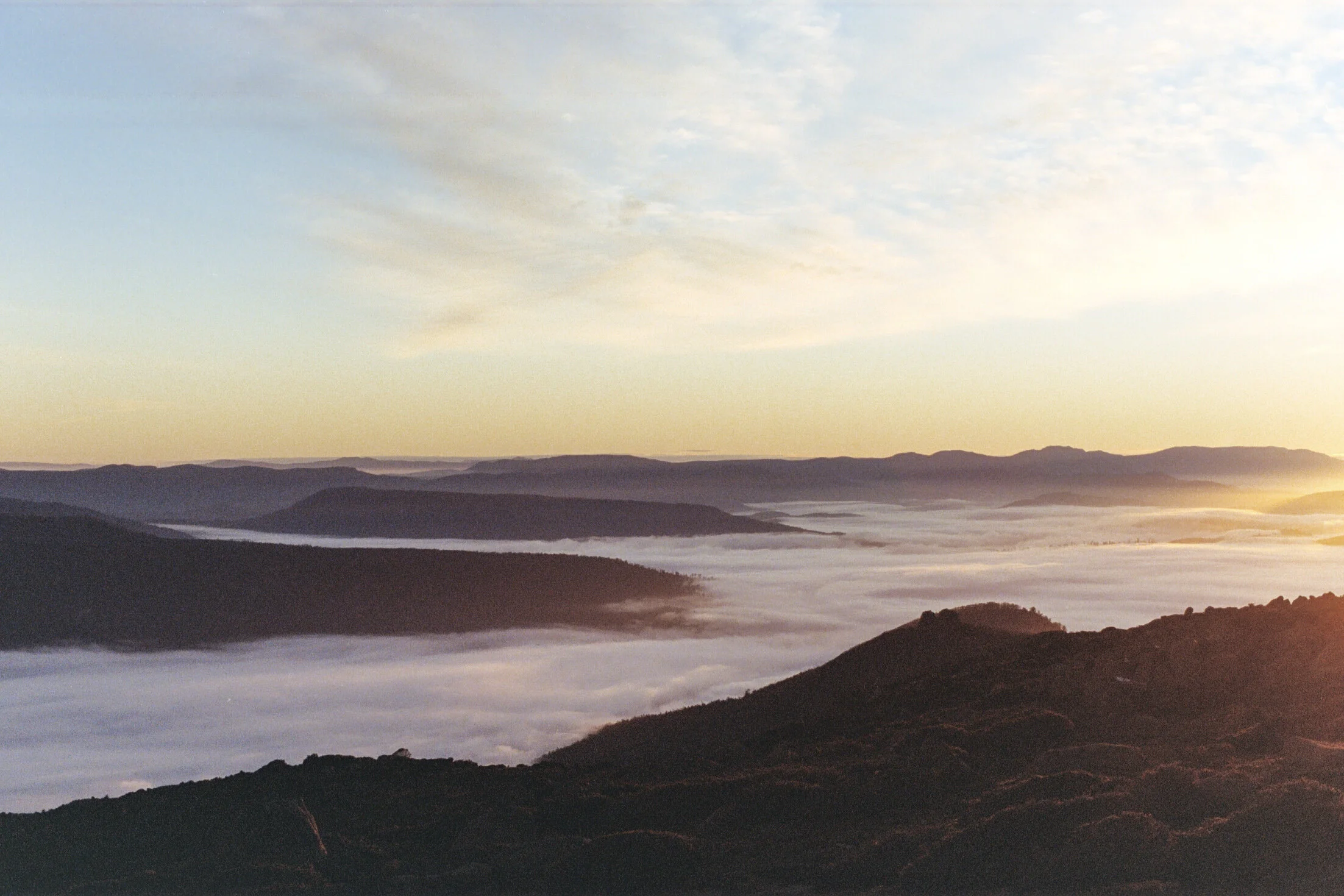I’ve been hearing a lot of statements lately that are of the loose structure ‘we must do x, y, z so that things can return to normal’. There appears to be a strong sentiment in our global community, that if we do all the right things to be ‘safe’, we will be able to return to our way of life before the pandemic began. We are led to believe that somehow, this pandemic is a little blip on the ever increasing curve of our expanding economy. And the underlying assumption that goes unchallenged is that our economy must continue to grow. If only we can tame this deadly virus, we will be able to return to doing all the things that we have gotten so used to doing.
The way I see it, if we ‘return to normal’, we would be returning to a system of doing things that is killing the planet, one species at a time. If we return to normal, we are setting ourselves on the trajectory of our own extinction in a much shorter time frame than most of us care to imagine. The evidence is irrefutable; the way of life we have developed is killing the planet and killing ourselves with it. Yet for some strange reason, we take comfort in our way of life that we have grown accustomed to.
The mountains is where most of our drinking water hits the earth as rain. The water then collects in the valleys, forming streams which increase in flow the further they go. 2018, Pentax MX, Kodak Portra 400.
The idea of change, even if it was in our own benefit is difficult to accept if it means giving up the things that we care about. And that’s the challenge. If we realise that doing our favourite things is taking the choice of existence away from future generations, do we continue to do our favourite things or do we find some new favourite things to do that are less destructive?
I find that most people don’t like this line of inquiry, because it depresses them. The idea of being a contributor to a mass extinction is confronting and difficult to accept. Yet it is the truth. We are all responsible. If we have a job, if we drive a car, if we want to build a house, if we want to eat food that is grown through agriculture, we all contribute to this delicious mess that we are in. So let’s not shy away from this conversation; let’s embrace it, nut it out and deal with it. What the heck can we do?
Eventually, the rainwater collected this way forms our major rivers, carrying freshwater to the sea. 2018, Pentax MX, Kodak Portra 400.
People much smarter than me have written many books on the subject. I don’t pretend to know what the answer is. But if I’ve learnt one thing during my 33 rounds around the sun, it is this: one way or another, nature will show us the way. And whether we like it or not, we must exist as part of the natural systems dictated by our planet. We may believe in the possibility of exponential growth, but our planet has boundaries, outside of which lies deep, cold space.
Valley mist under morning light. 2018, Pentax MX, Portra 400.
If we wish to learn from nature, from where we spring and to where we return, we must learn to be fluid, for within water lies the secret of life. We can no longer afford to hold an idealistic view on life; if we insist on holding true to our collective vision, the same vision that has shaped the 20th century; we will become the water getting sucked down the drain.
Instead, we must learn to become the great flowing river, which collects in the mountains and flows toward the sea. It seeks the path of least resistance, and lets gravity guide it where it needs to go. It doesn’t fight the forces of nature, it doesn’t try to flow uphill; it is steady in its intention.
If we pay attention, water will show us the way out of this enormous pickling jar we have got ourselves in.
Alpine mushroom in cushion plant colony. 2018, Pentax MX, Kodak Portra 400.




